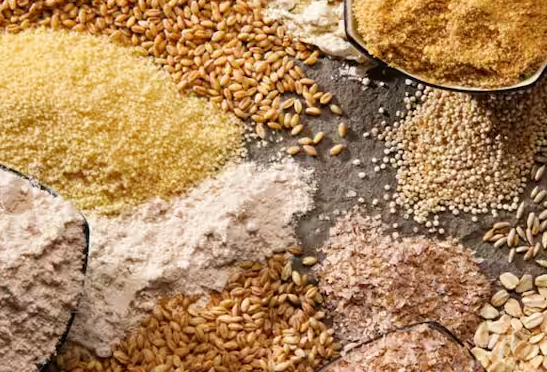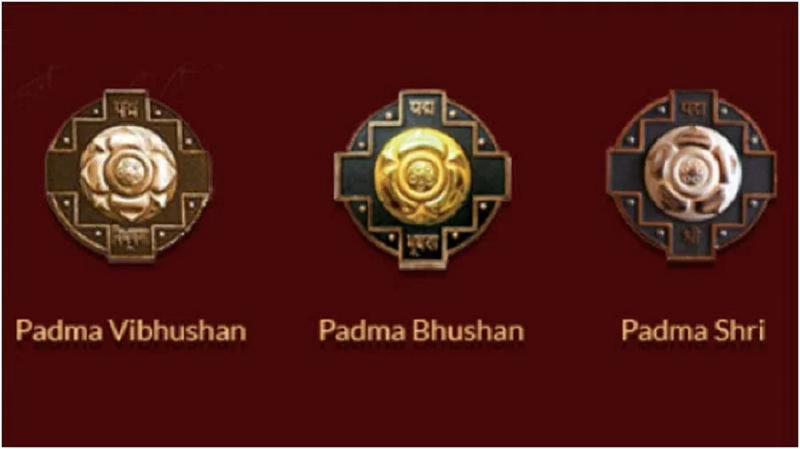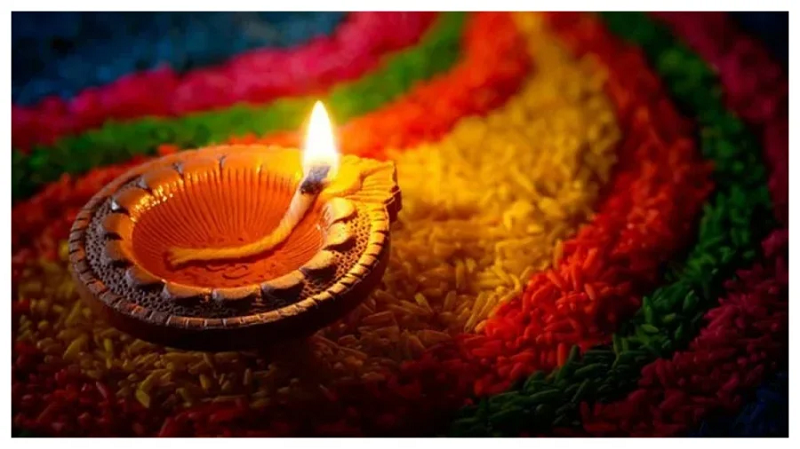Millets Benefits: Now make millets a part of your diet, you will get relief from stomach problems
- bySherya
- 11 Jun, 2025

Millet is a nutritious superfood that is beneficial for digestion, constipation, blood pressure, diabetes and weight control. It also strengthens bones and teeth. However, consult a doctor before consuming it.

Better Digestion: If your digestion is not working properly and you are not getting relief even after trying many remedies, then including millet in your diet can be beneficial. Millet is rich in fiber, which not only improves digestion, but also helps in relieving constipation. This strengthens your digestive system and stomach related problems gradually start reducing.
Millet is a type of nutritious grain, which is known by names like Bajra, Jowar, Ragi, Kodo and Sanwa in Hindi. Its grains are small, but it is full of nutrition, so it is often called "superfood". Consumption of millet helps in strengthening the digestive system. Along with this, if it is eaten daily, it also helps in controlling blood pressure and reducing the risk of heart diseases. Essential minerals like magnesium and potassium are found in abundance in it, which are very beneficial for the body.
Also effective in diabetes and weight loss
Millet is considered very beneficial for people suffering from diabetes. It has a low glycemic index, due to which blood sugar increases gradually, not suddenly. For this reason, it is no less than a boon for diabetes patients. Experts believe that the consumption of millet also helps in controlling weight. It contains good amount of fiber and protein, due to which the stomach remains full for a long time and one does not feel hungry again and again. This is the reason why it helps in reducing weight or keeping it balanced.
Make bones and teeth strong
Millet helps in strengthening the bones of the body and also improves dental health. The nutrients present in it are beneficial for both children and the elderly.
Take some precautions before consuming
Millet is definitely beneficial for health, but some important things should be kept in mind before eating it. First of all, one should avoid consuming millet in large quantities, because it can also cause harm if eaten in excess. Some varieties like millet contain goitrogenic elements, which can cause problems like thyroid if consumed in large quantities. Apart from this, some people may have problems like heaviness or gas in the stomach after eating millet. In very rare cases, some people may also be allergic to millet.
Although very few people are allergic to millet or have any problem, caution is still necessary. If you want to include millet in your diet, it can be eaten in many ways - like roti, khichdi, porridge, upma, dosa, idli or salad. But before adopting it, consult a doctor once, so that it can be decided whether it is safe for your body or not.





